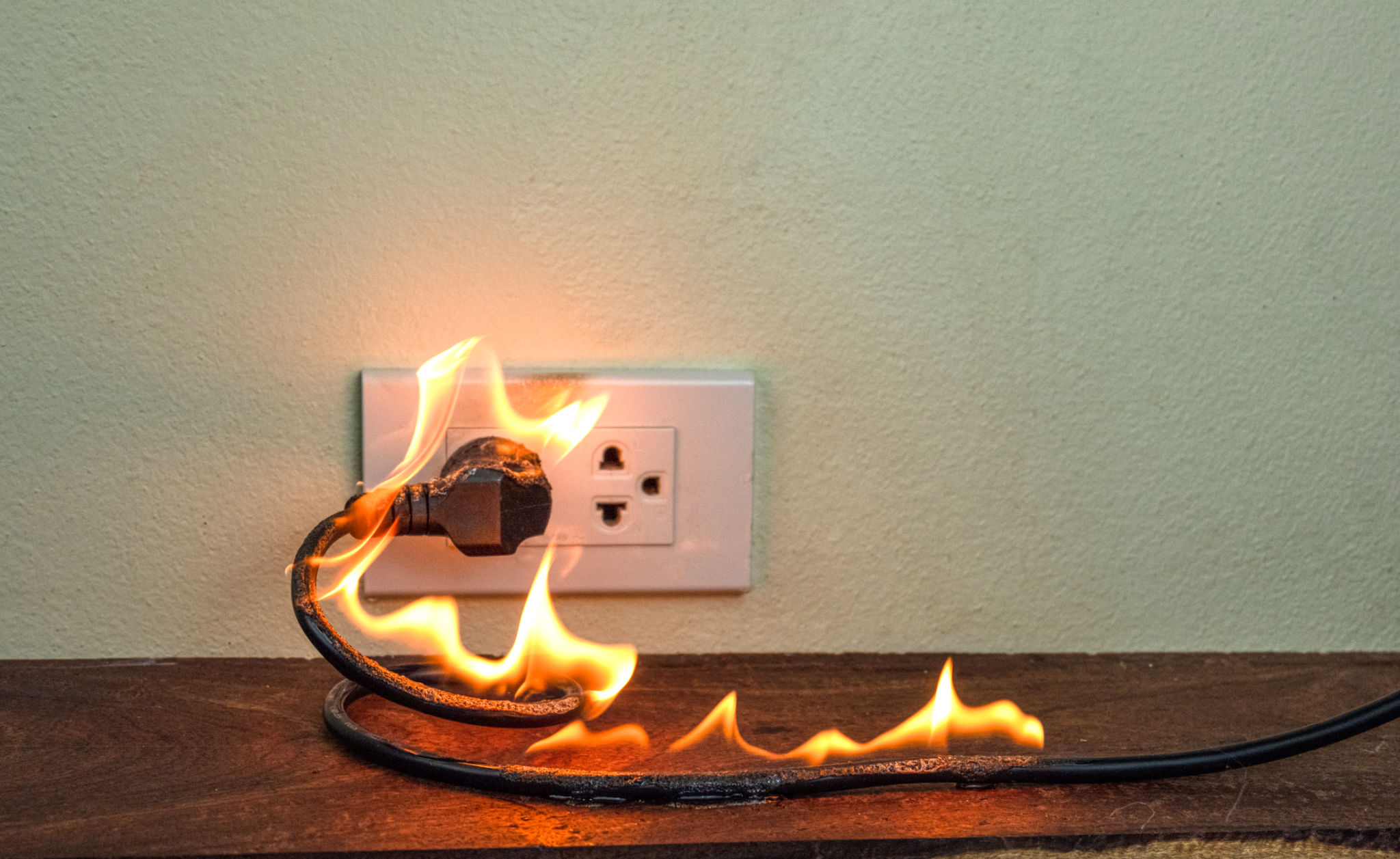Top Fire Safety Myths Debunked: Insights from Surrey's Experts
Understanding Fire Safety Myths
Fire safety is an essential topic that affects everyone, yet there are several myths that persist about it. These misconceptions can sometimes lead to dangerous situations, as people may not be adequately prepared or informed to handle a fire emergency. To help clear the air, we've consulted with Surrey's fire safety experts to debunk some of the most common fire safety myths.

Myth #1: Smoke Detectors Are Enough
One of the most common misconceptions is that having a smoke detector is sufficient to ensure fire safety. While smoke detectors are vital for early warning, they are just one part of a comprehensive fire safety plan. Experts recommend that homes and businesses also have fire extinguishers, a well-thought-out evacuation plan, and regular fire drills to ensure everyone knows what to do in case of a fire.
Additionally, it's crucial to regularly test smoke detectors and replace their batteries at least once a year. A non-functional smoke detector is as good as having none at all. Surrey's experts emphasize the importance of integrating multiple layers of protection for maximum safety.
Myth #2: Fire Won't Happen to Me
Many people believe that fires are rare and unlikely to happen to them. However, statistics show that fires can occur in any type of building, at any time. This complacency can lead to inadequate preparation and increased risk. Surrey's fire professionals advise everyone to take proactive measures, such as installing fire alarms and extinguishers, and regularly practicing escape routes.

Myth #3: Water Can Extinguish All Fires
It's a common belief that water can put out any type of fire, but this is not always the case. In fact, using water on certain types of fires can be dangerous. For example, water should never be used on grease or electrical fires as it can cause the fire to spread or lead to electric shocks. Instead, use a fire extinguisher that is specifically designed for such fires.
Surrey's experts suggest familiarizing yourself with the different types of fire extinguishers and their uses. This knowledge can be crucial during an emergency and may prevent further damage or injury.
Myth #4: New Buildings Are Fireproof
While newer buildings may incorporate advanced fire-resistant materials and technologies, no building is entirely fireproof. Modern construction codes certainly enhance safety, but they do not eliminate the risk of fire. It's important for residents and business owners to remain vigilant and ensure that all fire safety equipment is maintained and functional.

Myth #5: Fire Alarms Automatically Call the Fire Department
Another misconception is that all fire alarms are connected directly to emergency services. In reality, most residential alarms simply alert the occupants without notifying the fire department. To ensure a quicker response during a fire emergency, consider installing monitored systems that can automatically contact emergency services when triggered.
In conclusion, understanding and debunking these myths is crucial for enhancing fire safety awareness. By taking proactive steps and staying informed, individuals can greatly reduce their risk and increase their preparedness in the event of a fire. Surrey's experts continue to advocate for widespread education and awareness as key components of effective fire safety strategies.
